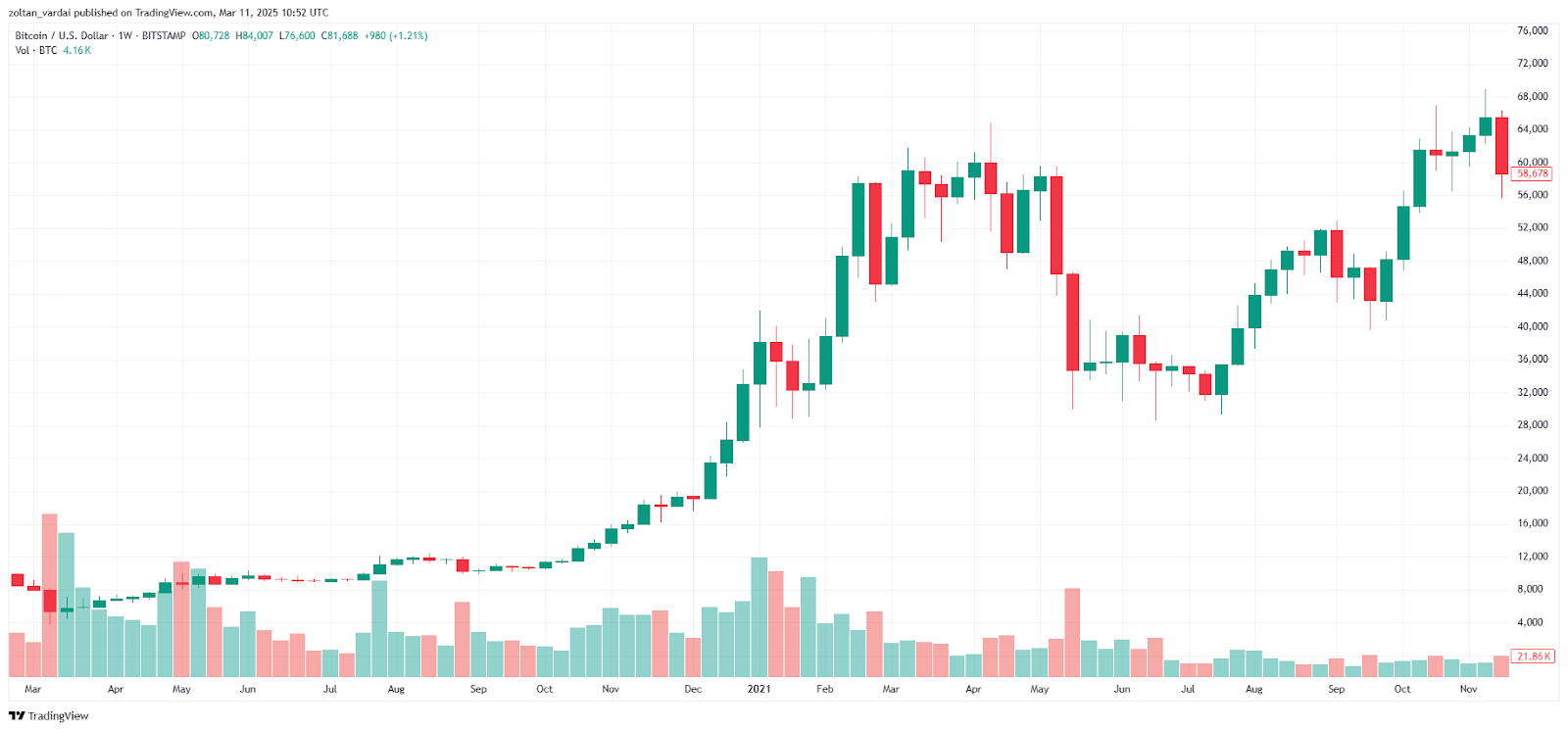French Bank Deficit Net Positive For Bitcoin: Arthur Hayes
The ballooning financial deficit of France’s central bank may spur a new wave of money printing, potentially unlocking billions in new capital for Bitcoin.
France’s central bank, the Banque de France (BdF), reported a net loss of 7.7 billion euros ($8 billion) in fiscal year 2024, mainly driven by negative net interest income due to high interest payments, according to a press release published in March 2025.
This brought France’s government deficit to over 168 billion euros ($176 billion) in 2024, representing 5.8% of the country’s Gross Domestic Product (GDP), significantly exceeding the European Union’s 3% limit.
France’s central bank is now among the bloc’s worst performers, with the shortfall signaling capital outflows from the country.
Arthur Hayes, co-founder of cryptocurrency exchange BitMEX, believes that France’s financial deficit may catalyze “trillions of euros” of money printing by the European Central Bank (ECB), signaling fresh liquidity flowing into Bitcoin (BTC).
“French capital is leaving France. And if you take a look at the gross change of any other member, it’s the worst,” Hayes told Cointelegraph during an interview at TOKEN2049 in Singapore. “The real threat is French capital leaving for Germans and Japanese investing in their home markets, because the US is changing the world order.”
“That is what predicates the ECB to print now or print later in the trillions of euros. And that’s the aggregate size,” Hayes said. “Another great thing for crypto.”

Related: Ether supercycle debate, Circle reversibility plan and Aster’s surge: Finance Redefined
ECB either prints “now or later”
Around 60% of French bonds and debt are owned by foreign entities, with Germany and Japan being the two largest bondholders.
But with reduced US investment, German and Japanese capital that previously financed France’s budget is no longer flowing in, Hayes said.
“My thesis is basically the ECB prints now, or they print later, and in both cases, they lose control, because in both cases, the people would rather either default, redenominate, do capital controls, print the money, have their way of life.”
According to Hayes, the ECB could either print later to try to save the European banking system or print now to enable French spending. “There’s no other option,” he said.
Related: Ohio approves vendor to process crypto payments for state services
France’s growing fiscal deficit may prompt the ECB to pivot to quantitative easing (QE), which refers to central banks buying bonds and pumping money into the economy to encourage spending in the face of stagnating economic conditions.
In 2022, Bitcoin benefited from the QE announcements from some of the world’s largest banks, such as the US Federal Reserve.

Bitcoin’s price rose by over 1,050% during the last quantitative easing period, from just $6,000 in March 2020 to $69,000 by November 2021, after the Fed’s $4 trillion bond-buying program was announced during the COVID-19 pandemic on March 23, 2020.
https://www.youtube.com/watch?v=-CpJxNaN8s4
Magazine: Bitcoin to see ‘one more big thrust’ to $150K, ETH pressure builds


